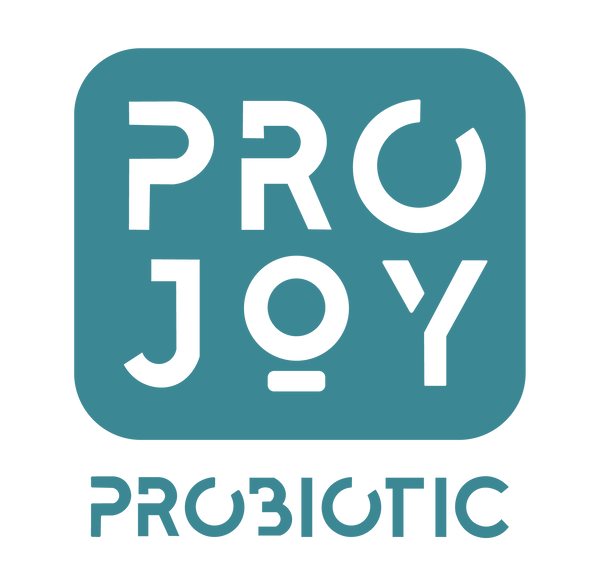
Say Goodbye to Allergy Symptoms Naturally with Probiotics
Share
Table of Contents
- Introduction- What are probiotics?
- How do probiotics work?
- How can probiotics alleviate allergy symptoms?
- Probiotics for seasonal allergies
- Probiotics for food allergies
- Choosing the right probiotic supplement
- Conclusion
- FAQs
Introduction
Allergies are a common problem that can greatly impact a person's quality of life. While there are many medications available to help manage these symptoms, some people may prefer a more natural approach. One such approach is to use probiotics to help alleviate allergy symptoms. Probiotics are live bacteria and yeasts that are beneficial to our health, particularly our digestive system. In recent years, there has been growing interest in the use of probiotics for the treatment and prevention of allergies.What are probiotics?
Probiotics are live microorganisms that can be consumed through fermented foods or supplements. They are commonly known as "good" bacteria because they provide a range of health benefits to the body. Probiotics can be found in a variety of foods such as yogurt, kimchi, sauerkraut, and in supplements.How do probiotics work?
Probiotics work by helping to restore the natural balance of bacteria in the gut. They help to improve the overall health of the digestive system, which can have a positive impact on the immune system. The immune system plays an important role in the development of allergies, so by improving the health of the immune system, probiotics may help to alleviate allergy symptoms.How can probiotics alleviate allergy symptoms?
Probiotics have been shown to have a number of beneficial effects on the immune system. For example, they can help to reduce inflammation, which is a key factor in the development of allergies. Probiotics can also help to reduce the production of IgE antibodies, which are responsible for triggering allergic reactions.## Probiotics for seasonal allergies
Seasonal allergies are a common problem for many people, particularly during the spring and fall. Studies have shown that probiotics may be effective in reducing the symptoms of seasonal allergies. For example, a study published in the International Archives of Allergy and Immunology found that probiotics were effective in reducing the symptoms of hay fever.## Probiotics for food allergies
Food allergies can be a serious and potentially life-threatening condition. While there is no cure for food allergies, probiotics may be able to help alleviate some of the symptoms. For example, a study published in the Journal of Allergy and Clinical Immunology found that probiotics were effective in reducing the severity of symptoms in children with food allergies.## Choosing the right probiotic supplement
When choosing a probiotic supplement, it is important to consider the strain of bacteria that is included. Different strains have different benefits, so it is important to choose a supplement that is specifically targeted to your needs Like Projoy Allergy Sheild Probiotics.## Conclusion
Probiotics have been shown to have a number of beneficial effects on the immune system, which can help to alleviate the symptoms of allergies. While probiotics are not a cure for allergies, they may be a helpful addition to a comprehensive treatment plan. It is important to choose a high-quality probiotic supplement and to consult with a healthcare professional before starting any new treatment.
To get the benefits of probiotics discussed in this article, consider checking out website at www.myprojoy.com. We offer high-quality probiotic supplements formulated to support individuals with allergies.
## FAQs
1. Are probiotics safe for everyone to use?
Probiotics are generally considered safe for most people to use. However, people with weakened immune systems or serious underlying health conditions should consult with a healthcare professional before using probiotics.
2. How long does it take for probiotics to start working?
The length of time it takes for probiotics to start working can vary depending on the individual and the specific strain of bacteria used. Some people may notice an improvement in their symptoms within a few days, while others may take several weeks to see a benefit.
3. What are the side effects of probiotics?
In general, probiotics are considered safe and well-tolerated. However, some people may experience mild side effects such as bloating, gas, or diarrhea, which may go away in few days.
5. Can I get probiotics from food alone?
While it is possible to get probiotics from fermented foods such as yogurt and kefir, it can be difficult to consume enough to have a therapeutic effect. Probiotic supplements can be a convenient and effective way to ensure you are getting enough beneficial bacteria.
